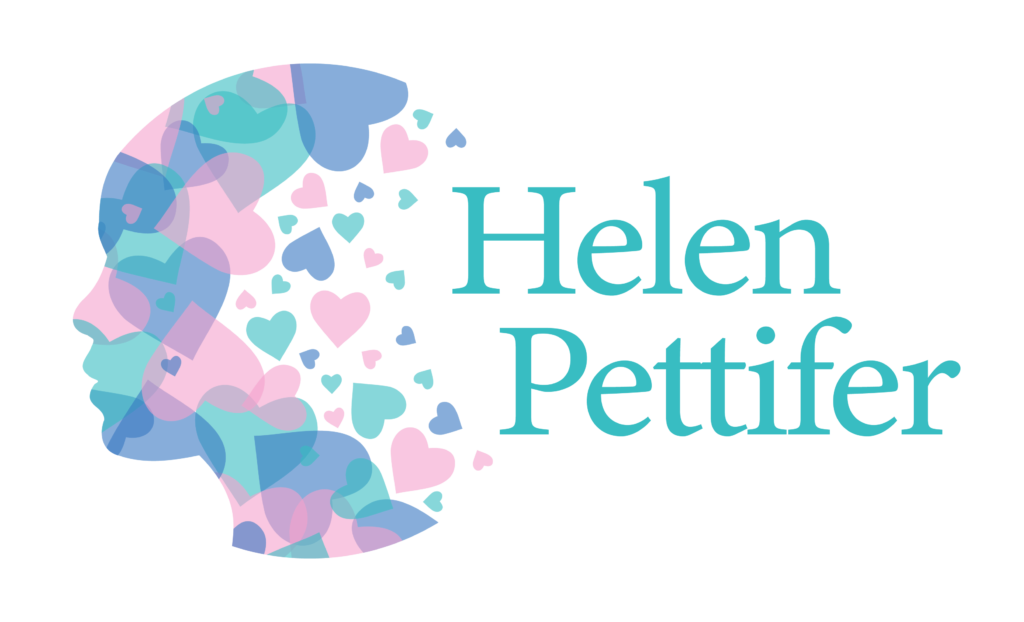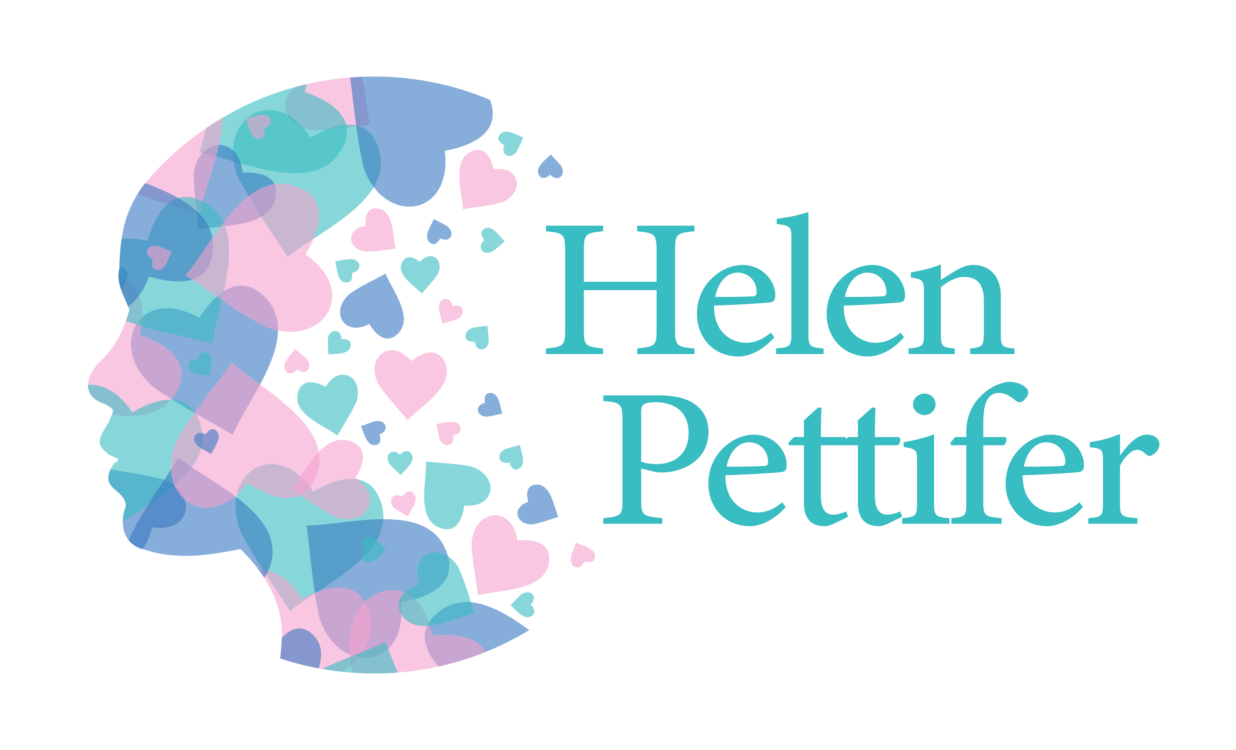Are Your Internal Data Sharing Processes Working?
One of the recommended strategies for improving vulnerable customer service is cross-sector data sharing. This is where two or more organisations collaborate to better identify and serve customers facing difficult circumstances. It’s great in theory, yet depends on slick in-house systems. So, are your internal data sharing processes working?
Cross-sector Data Sharing
When we’ve received poor service, we have a right to complain. Now, being at the receiving end of negative feedback may not be desirable, but I believe it is a good thing. That’s because a complaint offers the opportunity to put things right and gather insight.
Your organisation has likely put in place measures to better support customers facing vulnerable circumstances. However, customers usually need to disclose their situation to access this support.
When we face circumstances that impact our everyday lives, it can be difficult to tell others. The situation may be deeply upsetting, too complicated to explain or embarrassing. Equally, we may not recognise our situation as vulnerable or see a reason to share personal information with large, impersonal corporations. We certainly don’t want to repeat it time and again.
This is where cross-sector data sharing can be effective. A good example is the Government’s Tell Us Once service. On the loss of a loved one, you complete one form to notify the service of a death. This information is shared across all Government departments, including Pensions, HMRC & DVLA, enabling appropriate action to be taken by each. Systems like this are beneficial to customers and organisations. However, they take years to establish and need careful management. What frustrates me is that cross-sector data sharing is being discussed by companies that have yet to get it right in-house.
Internal Data Sharing
When a disclosure is made to a member of your team, systems are needed to:
- Compliantly record the information
- Securely store the data
- Organise the data so it can be easily accessed by all departments
- Used appropriately to inform actions and communications
- Deleted when it is no longer relevant or the customer requests its removal
In addition to the technology, all staff must be properly trained. This includes an understanding of what to record, along with clear data protection boundaries. On this point, I want to highlight that details of the customers’ situation aren’t always necessary. Instead, records should focus on actions agreed with the customer that best meet their needs.
Many organisations have data systems and training in place, however, mistakes are still being made. In some cases, this leads to an awkward conversation. In others, it causes distress or harm.
The Harm Caused When Data Sharing Systems Fail
In November last year, a Council in Leicestershire disclosed an abuse victim’s new address to her alleged perpetrator. The woman previously made them aware of her situation and then informed them of her new address after escaping the relationship. The Council then sent a letter to her old address containing her new address.
In a separate case, when a husband died suddenly, his family contacted his business bank and utility suppliers. The following is a quote from the daughter which appeared in a Metro newspaper article:
“It’s been nearly 10 months since my dad died, and my mum continues to receive letters every few weeks from one particular UK bank (one of the biggest) my dad banked with. They keep forgetting to update their systems that he is deceased, so letters are addressed to him and continue to ask for interest payments that he cannot pay because he is no longer here.
Whenever my mum sees his name as the recipient, she gets upset and also frustrated that no one is updating the account and closing it down. She worries that money is owed or threats of fines will be incurred.”
Unfortunately, these are not isolated examples. Is this a case of frontline staff not being given sufficient training or time to consistently make and check records? Maybe balancing data protection and access is the issue. Or, is information being siloed? Whatever the reason, it is not acceptable to put customers through unnecessary distress or harm.
Are incidents like this occurring to your customers? Are people slipping through the net? If so, you may have apologised, but have you fully understood the potential consequences to the customer?
If you are unsure, be aware that the FCA’s Business Plan for 2024/25 commits to taking a tougher stance on regulated firms that cause harm to customers. I’m hoping that the threat of fines or cancelled permissions will help tighten up systems.
Building Trust to Encourage Disclosures
Both internal and external data systems have the potential to improve the customer experience and support offered when customers face vulnerable circumstances. They help to prioritise services for those at greatest risk or allow issues to be resolved before they escalate.
However, as previously mentioned, it can be difficult to disclose personal information. So, we need to build trust. To give customers the confidence to share, we must address gaps in the system.
Customers need to feel assured that disclosing is in their best interest. To achieve this, we need to fully review and continuously improve internal data sharing. Only then can we confidently agree to cross-sector collaboration.
Related information:
https://survivingeconomicabuse.org/i-need-help/de-linking-from-the-abuser/royal-mail-post/https://www.bereavementadvice.org/topics/junk-mail-suppression-service/
About the author.

Helen Pettifer FRSA.
Helen Pettifer is Director of Helen Pettifer Training Ltd and a specialist in the fair treatment of vulnerable customers.
She has a background in call centre management and is committed to customer service excellence. Her training ensures front-line staff gain the awareness and resources to confidently identify and respond to signs of vulnerability.
Helen Pettifer is a British Standards Institution (BSI) associate consultant for BS 22458: 2022 Consumer Vulnerability, a Mental Health First Aider, a Suicide First Aider, a Dementia Friend, and a Friends Against Scams Champion. Recognised as a changemaker, she was invited to become a Fellow of the Royal Society of Arts in 2022.



